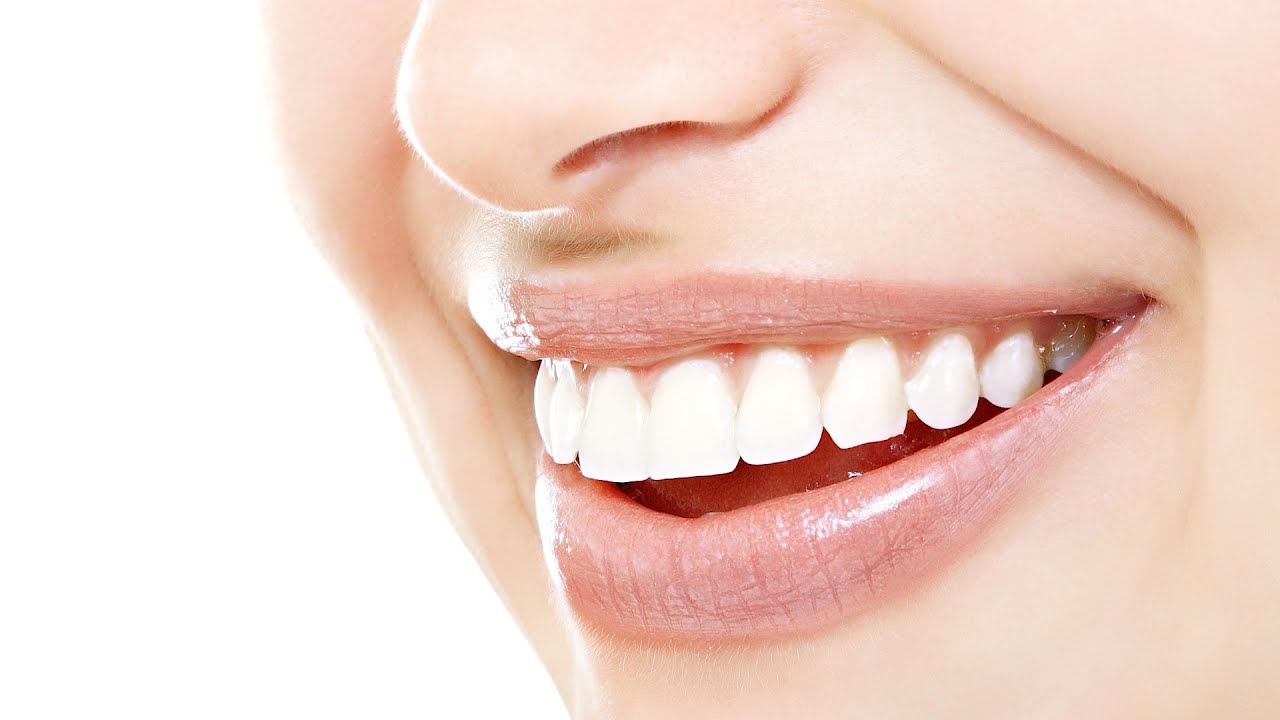Many people faced tooth sensitivity. If when drinking cold and hot drinks or brushing teeth you feel a sharp pain, you may have worn tooth enamel or exposed tooth roots. Sometimes, tooth hurt is caused by oral cavity, gum disease or worn filling. If it bothers you, visit your dentist and find out the reason for your tooth pain. Dentists call this type of sharp pain hyperesthesia (hypersensitivity) of the teeth. Don’t ignore this symptom. Tooth sensitivity can be a result of serious health problems or bad habits.
1. You use mouthwash too often
Fresh breath is important but if you abuse mouth rinsing, you risk getting enamel erosion. This is due to the acids contained in these hygiene products. If you can’t live without rinsing, ask the dentist to choose the most neutral product for you.
2. You like eating sour foods
Lovers of lemonade, tangerines, citrus fresh juices, candies, and other seemingly harmless foods that contain acids always run the risk of getting sensitive teeth. Look at the list of sour foods which can make your teeth sensitive:
- Citrus fruits (lemons, limes, oranges, tangerines, and grapefruits)
- Citrus juices
- Wine
- Sports drinks
- Energy drinks
- Coffee
- Cranberries
- Pickled products
- Sodas
- Most fermented foods
- Aged cheeses
3. You whitened teeth
Teeth whitening has many contraindications and should be done by a highly-qualified dentist. But most people ignore these contraindications which often results in health consequences including tooth sensitivity.
4. You have the wrong bite
This problem may not cause problems during childhood and adolescence. But malocclusion in adults often causes the abrasion of teeth. Enamel is becoming thinner which significantly increases the risk of hyperesthesia. Therefore, adult people with the wrong bite need to consult an orthodontist.
5. You have certain bad habits
Such habits nail-biting or tooth grinding often lead to tooth sensitivity since they cause microcracks on the enamel.
6. You have gum problems
Like teeth, gums can also wear out with age and since people don’t have a durable layer of enamel on the root, teeth become sensitive. Gums can also recede due to tartar or smoking.
7. You have non-dental health problems
Tooth sensitivity can also be a sign of diabetes. Hyperesthesia may also be a sign of acid reflux or endocrine disorders.
How to reduce tooth sensitivity?
1. Fluoride varnish
Fluoride varnish will fill microcracks in your enamel and voids in the dentinal tubules, blocking the access of stimuli to the nerve endings. Such varnishes are made on the basis of fluorides that strengthen tooth enamel.
2. Dental sealants
Dental sealants are denser than fluoride varnishes. Dentists use them to cover opened root canals.
3. Purchase toothpaste for sensitive teeth
This toothpaste contains special substances that not only strengthen tooth enamel but also reduce the sensitivity of dentin. Your family dentist will help you choose toothpaste. By the way, pay attention to desensitizing toothpaste, you can use them without a brush.
Don’t forget to be gentle with your teeth which means do not abuse hard brushes, too active tooth cleaning and using whitening pastes since they contain abrasive elements that make the enamel thinner.
















